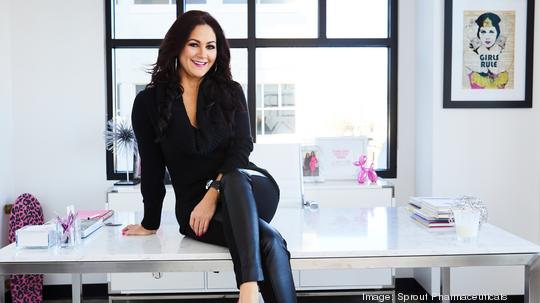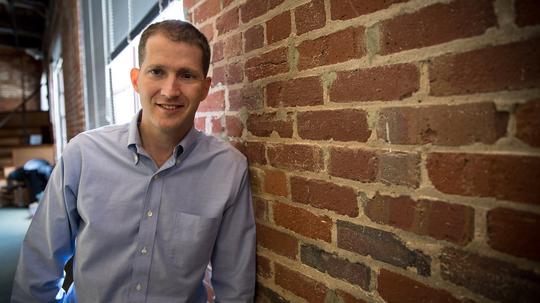
What are serial innovators saying when it comes to Triangle professionals dabbling with the question of whether to invest in startups?
Well, "Yes" – to put it briefly. Dollars are what move the needle – and it can’t just be venture capital.
Often, startups need money to get them to the stage where a VC will even take a pitch. And that means smaller rounds – led by angel investors or even friends and family – can be essential in unicorn building.
“In this area we don’t get these really big exits,” said James Avery, founder of Durham’s Kevel, a digital advertising software company.
He said that in order to get a “grand slam,” the kind of “region-defining exit” that can really move the needle, dollars are essential. And investing capital can be one way successful entrepreneurs pay it forward. Avery, himself an investor in a handful of startups, said it’s exciting to have the opportunity to be a part of another’s success.

And he’s not the only entrepreneur dabbling with the other side of the startup equation.
Take Cindy Eckert, co-founder of Sprout Pharma. When her firm, which snagged federal approval for the so-called pink pill – a sexual dysfunction drug for women – was first bought out by Salix in a $1 billion deal, she started what she calls “The Pinkubator,” focused on financing the next generation of startups.
Similarly, Joe Colopy, co-founder of Durham email marketing firm Bronto, started his own investment firm, Jurassic Capital, following Bronto’s $200 million exit to Netsuite (now Oracle).
Triangle Inno asked both Eckert and Colopy for three pieces of advice for those considering investing in startups:
Eckert
- First of all, yes, go create that multiplier effect!
- Beware of your blind spot. When you hear the pitch, you are going to imagine where the idea could go in your own hands. The question is where can the idea go in the hands of the founder in front of you. It always comes down to the jockey.
- There are so many investable ideas, pick the ones where you can add rocket fuel well beyond dollars alone.
Colopy
- Investing is different than operating.
- Investing is easy. Investing well is hard.
- Invest in ideas and people who you like. Life is short.